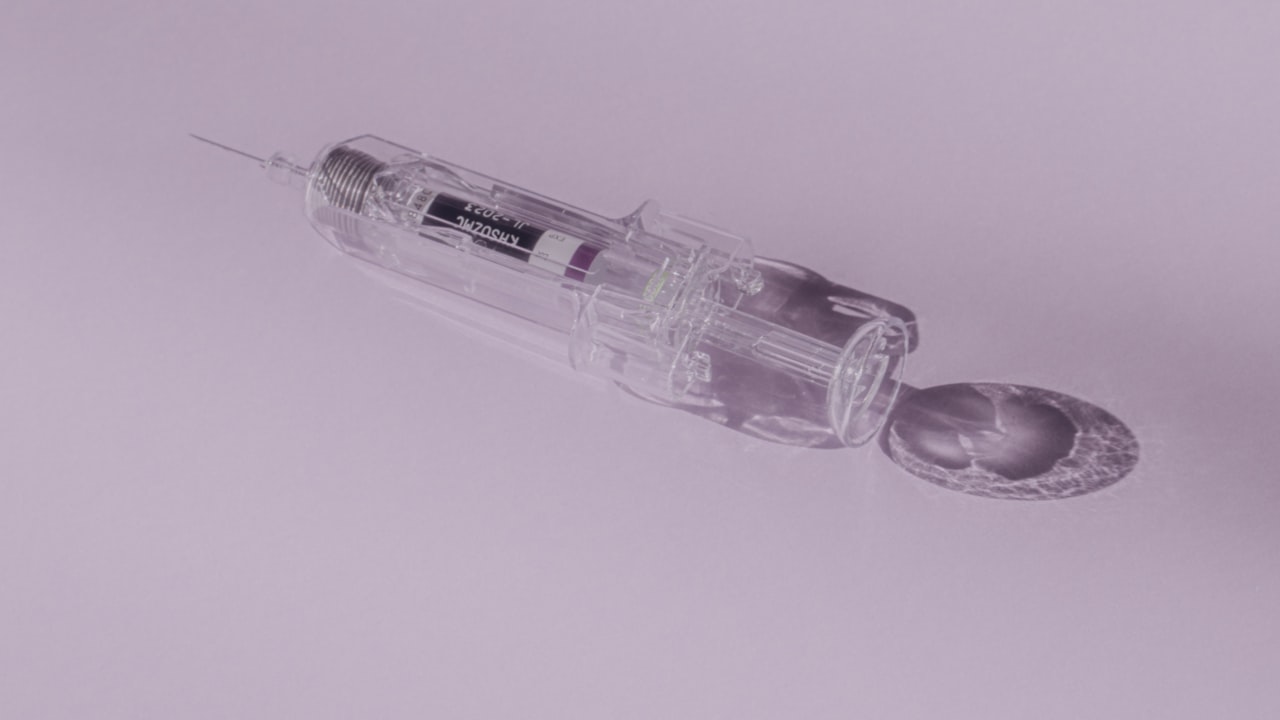Title: Designing Efficient Injection Molds for Plastic Components
Injection molding is a widely used manufacturing process for producing plastic parts in various industries. The design of injection molds plays a crucial role in the success of the injection molding process. An efficient injection mold not only ensures the quality of the final plastic components but also contributes to the overall productivity and cost-effectiveness of production.
Injection mold design begins with a thorough understanding of the plastic component to be produced. The design team at an injection mold factory typically works closely with the client to gather all the necessary specifications and requirements. Factors such as material selection, part geometry, and production volume are carefully considered during the design process.
One of the key aspects of designing efficient injection molds is to minimize cycle time. The cycle time of an injection molding process refers to the total time required to produce one part, including injection, cooling, and ejection. A shorter cycle time not only increases production efficiency but also reduces manufacturing costs. This can be achieved through optimal mold design, such as enhancing cooling channel layout, optimizing gate design, and reducing unnecessary movements.
Another important consideration in injection mold design is ensuring uniform part quality. This involves preventing common defects such as warping, sink marks, and flash. The design team must pay attention to factors like wall thickness, draft angles, and the location of gates and ejector pins to avoid potential issues that may arise during the molding process.
Collaborating with a reputable injection mold supplier is essential for achieving high-quality molds. Experienced suppliers often have advanced technology and expertise to optimize mold design and manufacturing processes. They can provide valuable insights and recommendations to improve the overall efficiency and performance of injection molds.
In conclusion, designing efficient injection molds for plastic components requires careful planning, collaboration, and attention to detail. By focusing on factors such as cycle time optimization, uniform part quality, and collaboration with experienced suppliers, manufacturers can enhance the quality, productivity, and cost-effectiveness of their injection molding processes.

 Title: “The Evolution of Injection Molds: Innovations and Applications”
Title: “The Evolution of Injection Molds: Innovations and Applications”